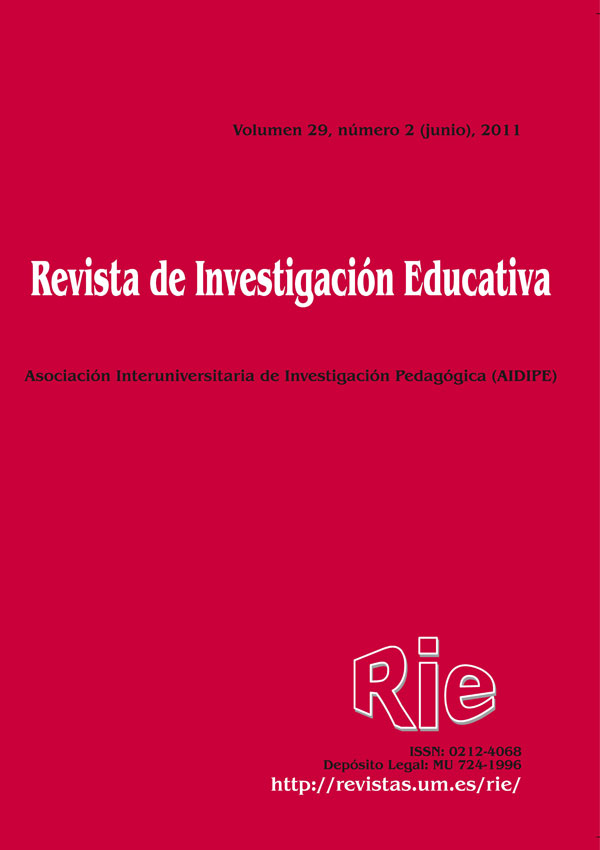Teachers and the implementation of equality programmes: conflicts and discourses in educational change
Supporting Agencies
- Consejería de Innovación
- Ciencia y Empresa. Junta de Andalucía
Abstract
This paper presents the conflicts experienced by the teachers responsible for co-education in schools when implementing the 1st Plan for Equal Opportunities between Men and Women in Education. The study used a qualitative methodology based on focus groups. The sample was made up of 30 female and 5 male teachers from different secondary schools of Andalusia, Spain, who participated in five focus groups in which they discussed the Plan for Equal Opportunities. The results show contextual and strategic conflicts in the implementation of the Plan for Equal Opportunities in schools, revealing some inertia and institutional resistance to educational changes and innovation related to gender equality. In addition, the article presents different voices and discourses used by teachers in the resolution of these conflicts.
Downloads
-
Abstract774
-
PDF (Español (España))833
The articles and scientific documents published in RIE abide the following conditions:
1. The Servicio de Publicaciones de la Universidad de Murcia (the publisher) has the property rights (copyright) of all the documents published and allows the reuse under the user’s license indicated in point 2.
2. All documents are published in the digital edition of RIE under a Creative Commons Reconocimiento-NoComercial-SinObraDerivada 4.0 Internacional. (legal document) license. These documents can be copied, used, distributed, communicated and explained publicly if: i) the author(s) and its original source of publishing (magazine, publisher and URL of the document) are cited; ii) it is not used for commercial purpose; iii) the existence and the specifications about this license are mentioned.
3. Auto-archive’s conditions. The authors are allowed and encouraged to digitally distribute the pre-print versions (a version before evaluation) and/or post-print (a version that it is already evaluated and accepted to its publication). This promotes circulation and distribution earlier and can increase the citations and significance within the academic community.









